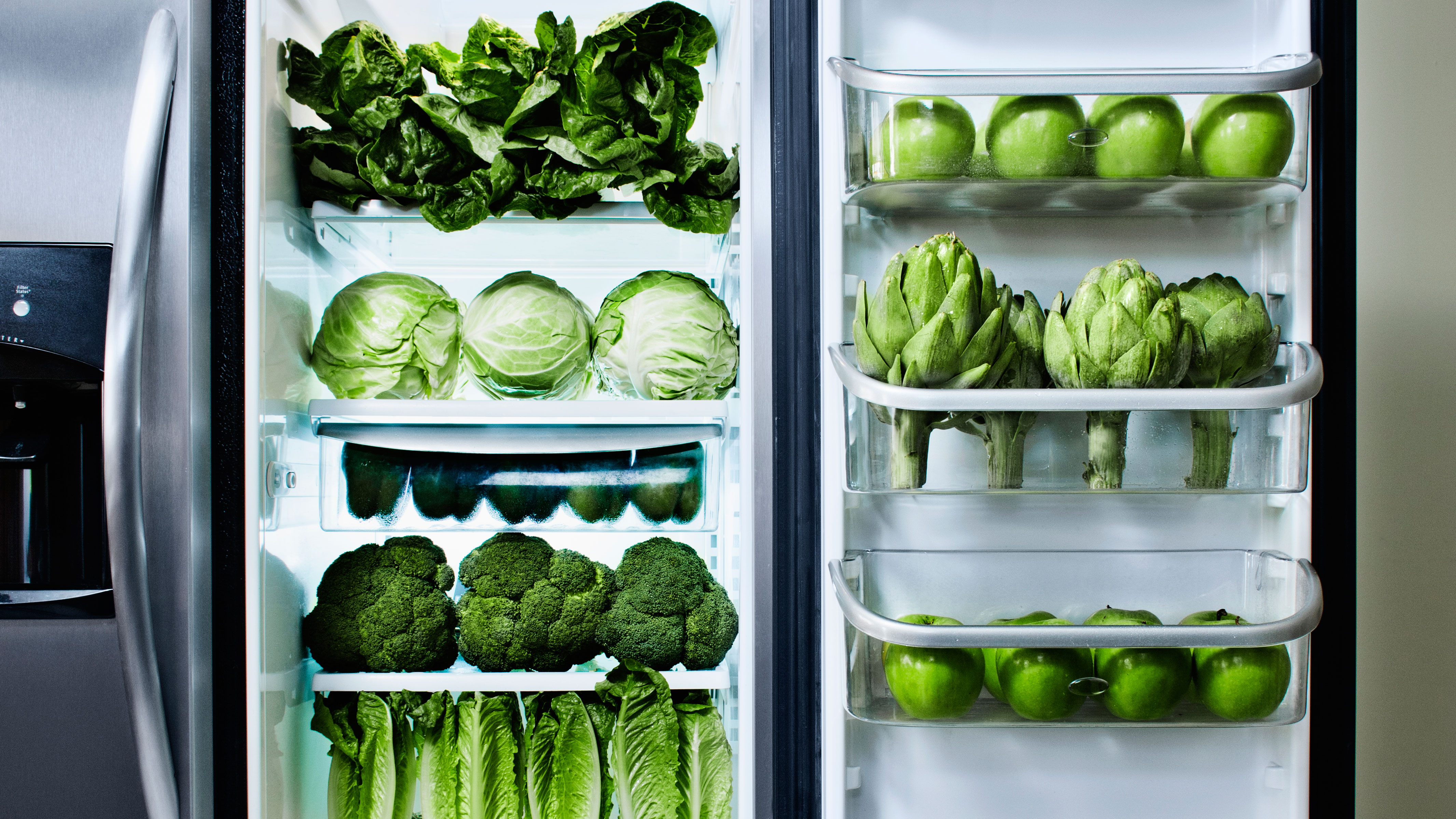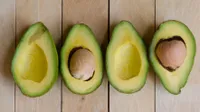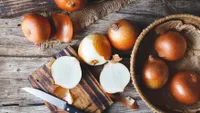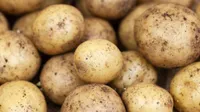How to store vegetables
Proper vegetable storage is essential to keeping your veggies fresher for longer – and reducing food waste

Knowing how to store vegetables can make a difference of not just days, but whole weeks of fresh vegetables that are ready for cooking or chopping up into a salad. The trick is mainly about understanding your vegetable storage options: where to put them, the temperature requirements for different veggies, and knowing which vegetables make others go off (yes, that's a thing). Follow these guideline to store your vegetables the correct way.
Find more useful food ideas and tips on our hub page.
Vegetable storage
Knowing how to store avocados is essential if you're looking to make the most of this super tasty fruit (bet you didn't know that the avocado is a fruit?). After all, avocados aren't exactly cheap, so you'll want to ensure they're enjoyed to their full potential, while also reducing your food waste.
When it comes to storing onions, chances are you're either team cupboard or team fridge. A divisive subject, but we're here to end the debate about how to store onions once and for all. This will not only ensure they stay fresher for longer, ultimately improving the taste of your food, but will also help you reduce food waste in the long run – which is great news.
If you're tired of discovering rotten, or sprouting, potatoes only a few days since they were purchased, or want to know once and for all whether potatoes belong in the fridge or the cupboard, you've come to the right place. We'll deliver definitive answers on how to store potatoes and help you reduce food waste in the process.
Do fresh vegetables need to be refrigerated?
The biggest debate is around storing vegetables in the fridge vs. storing them in a pantry or cellar.
Fresh vegetables that contain lots of water and that are prone to wilting such as lettuce, celery, spinach and the likes (more on this below) will be better off in the fridge.
Then we say: if you are lucky to have a basement or cellar, store all your root veggies (potatoes, carrots, parsnips) and gourds there. The cool, dark environment is perfect for this type of vegetable. Having said that, there's nothing wrong with storing your vegetables in the veggie drawer of your fridge: despite claims that potatoes taste funny when kept in the fridge, we've not found that to be the case.
How to store soft vegetables
Vegetables with soft or spongy flesh, notably tomatoes (technically a fruit, in fact) tomatoes and aubergines, should always be stored at room temperature, out of direct light. However, salad leaves such as lettuce and spinach, should be stored in the fridge for best results, as should be herbs that will wilt in a matter of hours if not refrigerated.
It's by no means a scientific method, but if it's green, it's best to store it in the fridge. If it's any other colour, it'll probably do best at room temperature.
Get small space home decor ideas, celeb inspiration, DIY tips and more, straight to your inbox!
Mushrooms should also be stored in the fridge – they're not technically a vegetable and will spoil quickly if not kept cool.
How to prepare veggies
Anna is a professional writer with many years of experience. She has a passion for contemporary home decor and gardening. She covers a range of topics, from practical advice to interior and garden design.


